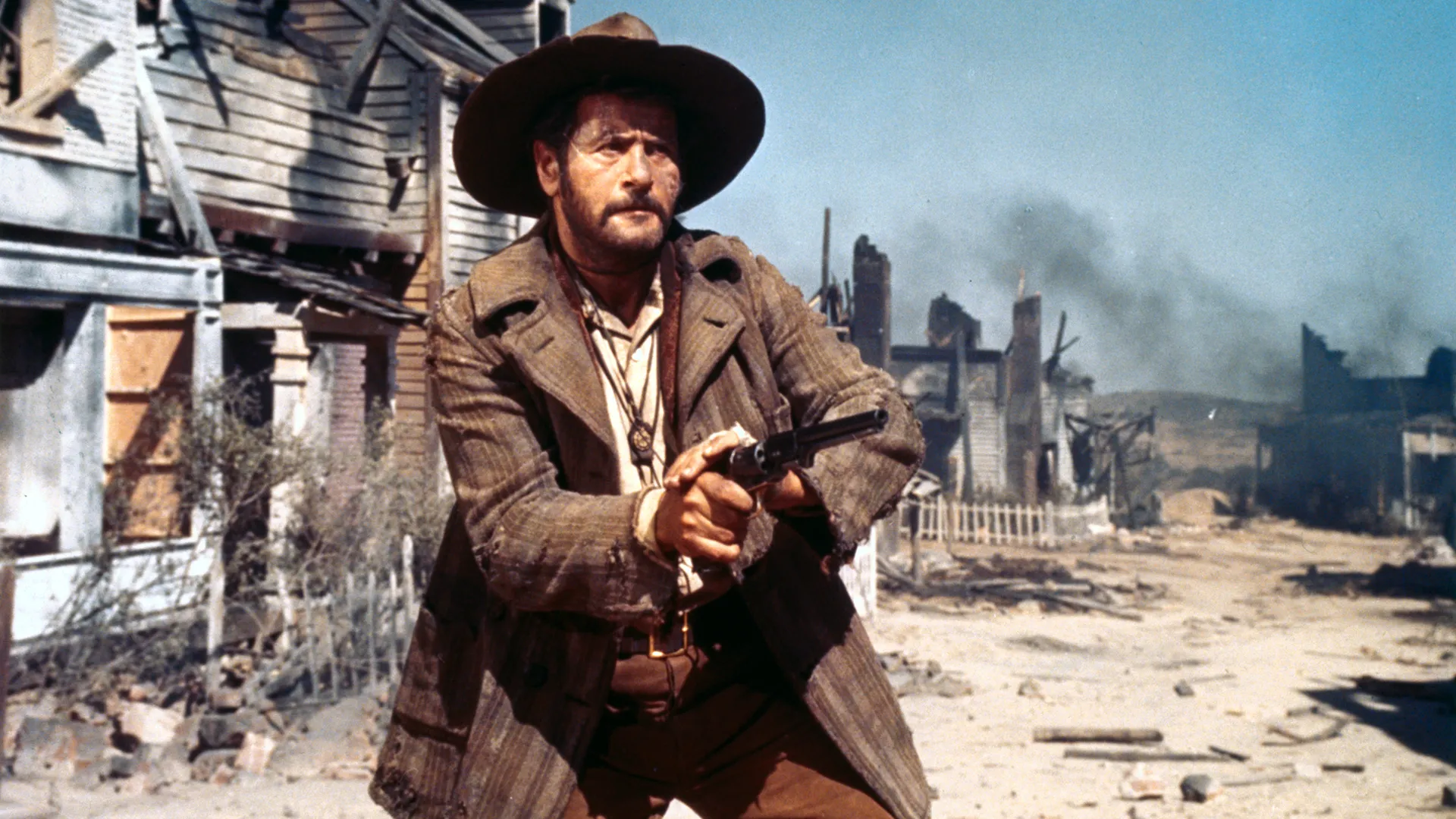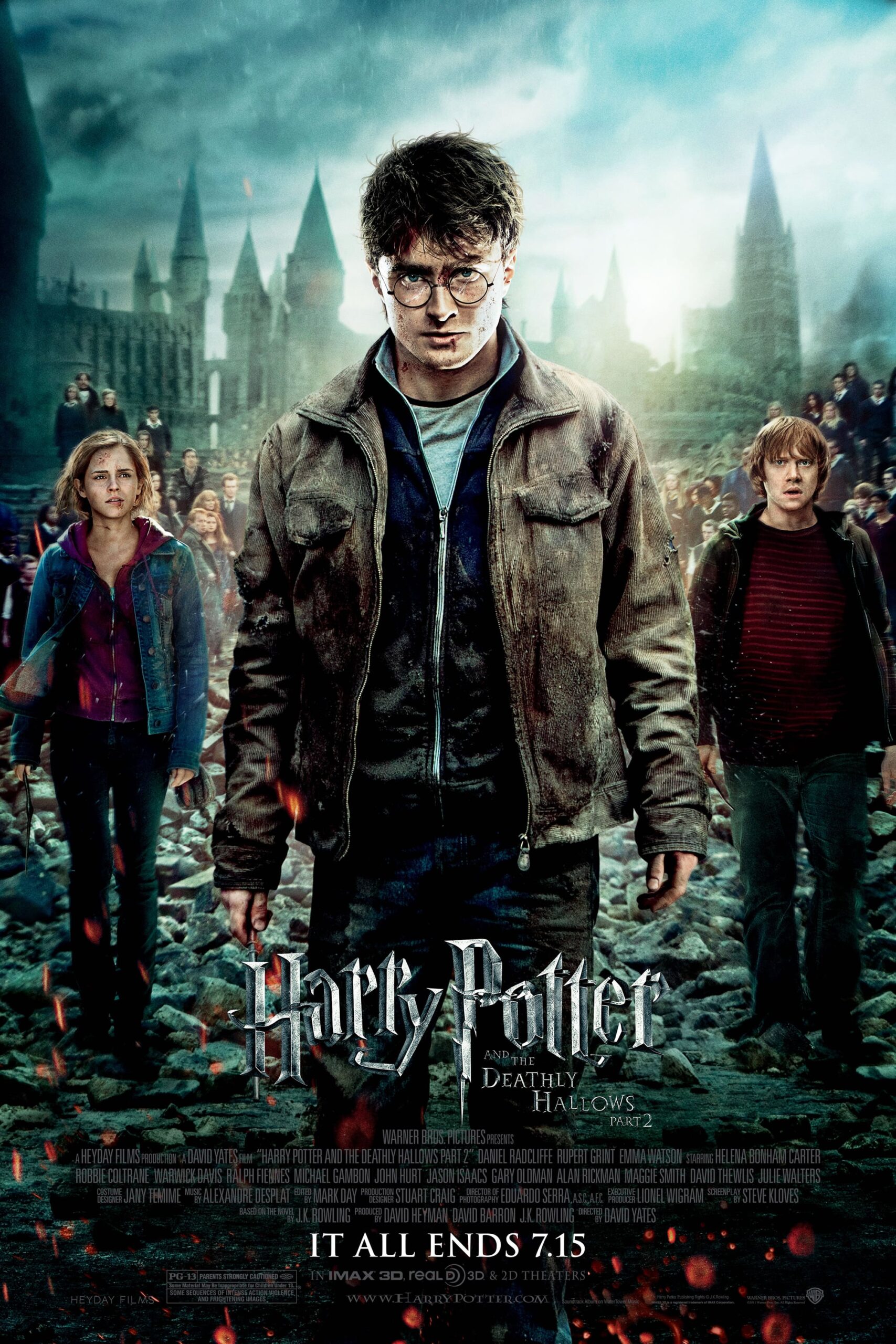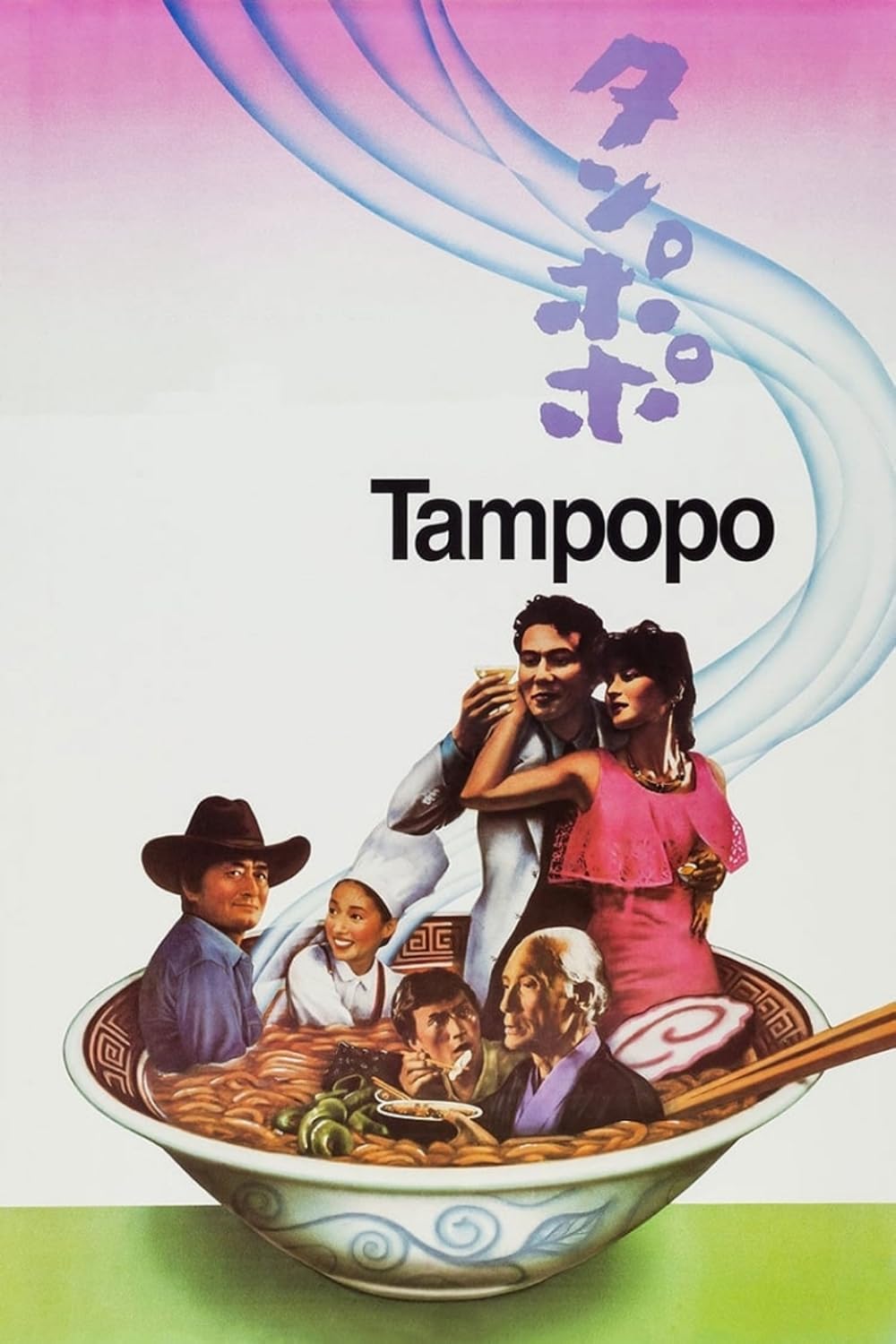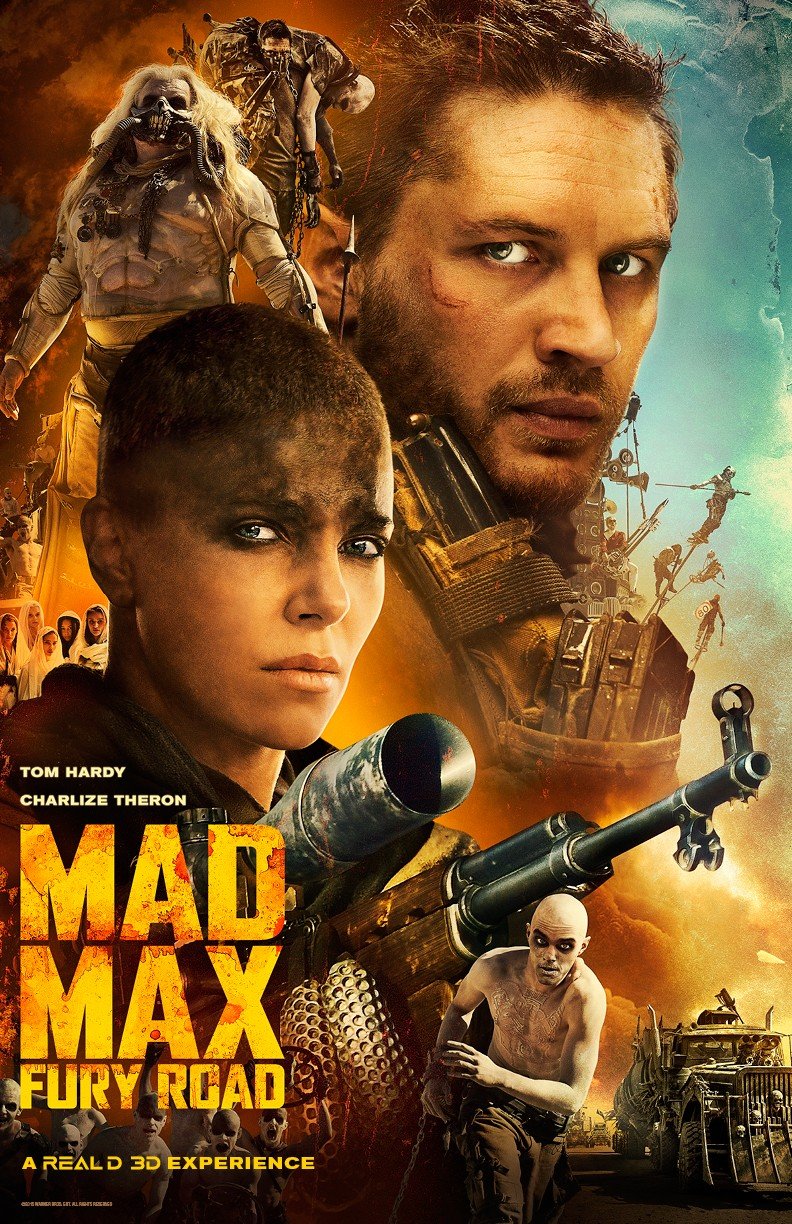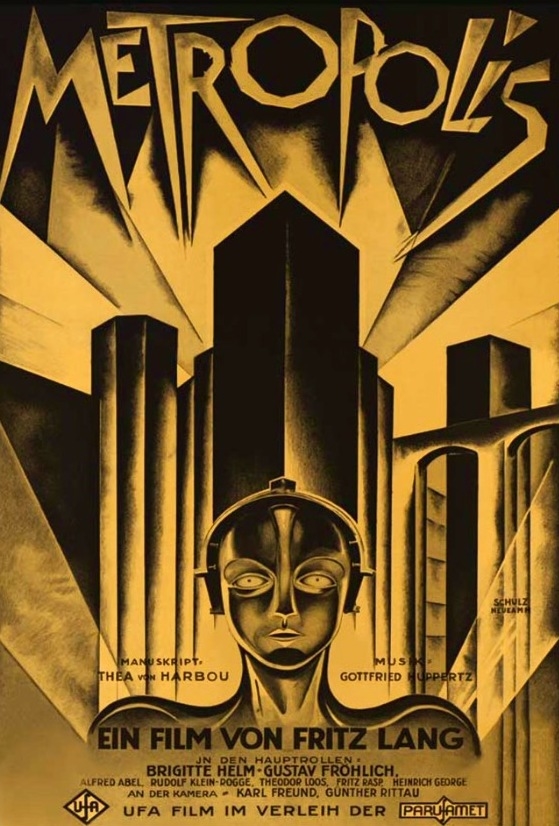
Metropolis (1927) – A Sci-Fi Masterpiece Ahead of Its Time
Type: Movie
Country: Germany
Genre: Science Fiction, Drama
Release Date: January 10, 1927
Duration: 153 minutes (restored version)
Director: Fritz Lang
Production Companies: Universum Film (UFA)
Cast: Gustav Fröhlich, Brigitte Helm, Alfred Abel, Rudolf Klein-Rogge
Quick Review:
“Metropolis” (1927), directed by Fritz Lang, is a pioneering science fiction film that has left an indelible mark on the genre and cinematic history. This German silent film is renowned for its groundbreaking special effects, intricate set design, and its ambitious exploration of themes such as class struggle and the human condition. As one of the earliest and most influential sci-fi films, “Metropolis” continues to captivate audiences and inspire filmmakers nearly a century after its release.
Plot Summary:
Set in a dystopian future, “Metropolis” portrays a starkly divided society where the wealthy elite live in luxury above ground, while the oppressed workers toil in harsh conditions below the city. The story follows Freder (Gustav Fröhlich), the privileged son of Joh Fredersen (Alfred Abel), the powerful ruler of Metropolis. Freder’s life takes a dramatic turn when he encounters Maria (Brigitte Helm), a compassionate worker who preaches unity and peace.
Intrigued and moved by Maria’s message, Freder ventures into the depths of the city to witness the workers’ plight firsthand. He is horrified by the brutal conditions and becomes determined to bridge the gap between the classes. Meanwhile, Joh Fredersen enlists the help of the sinister inventor Rotwang (Rudolf Klein-Rogge) to create a robot double of Maria, intending to use it to manipulate and control the workers.
The robot Maria incites chaos and rebellion among the workers, leading to a climactic confrontation that threatens the very foundation of Metropolis. Ultimately, the film’s resolution underscores the necessity of understanding and cooperation between the classes, symbolized by the iconic phrase: “The mediator between the head and the hands must be the heart.”
Characters and Performances:
- Gustav Fröhlich as Freder: Fröhlich delivers a compelling performance as the idealistic and empathetic protagonist. His transformation from a naive aristocrat to a determined mediator is both believable and engaging.
- Brigitte Helm as Maria and the Robot: Helm’s dual roles as the virtuous Maria and her malevolent robotic counterpart showcase her impressive versatility. Her portrayal of the robot, in particular, is mesmerizing and chilling, contributing significantly to the film’s eerie atmosphere.
- Alfred Abel as Joh Fredersen: Abel convincingly portrays the detached and authoritarian ruler whose love for his son ultimately drives him to reconsider his harsh methods.
- Rudolf Klein-Rogge as Rotwang: Klein-Rogge’s performance as the mad scientist Rotwang is iconic, embodying the archetype of the deranged inventor with a dark agenda. His presence adds a layer of menace and unpredictability to the film.
Direction and Cinematography:
Fritz Lang’s direction in “Metropolis” is visionary, blending grandiose visual storytelling with complex social commentary. Lang’s meticulous attention to detail is evident in the film’s elaborate sets and innovative special effects, which were revolutionary for their time. The depiction of the sprawling, futuristic cityscape of Metropolis remains a stunning achievement in cinematic design.
The cinematography by Karl Freund and Günther Rittau enhances the film’s dramatic and thematic impact. The use of striking contrasts, dynamic camera angles, and pioneering techniques like the Schüfftan process (a precursor to modern special effects) create a visually captivating experience. The film’s iconic scenes, such as the transformation of the robot and the flood sequence, are testaments to its technical brilliance.
Music:
The original score for “Metropolis,” composed by Gottfried Huppertz, is integral to the film’s emotional and narrative power. Huppertz’s music amplifies the dramatic tension and emotional resonance, enhancing the film’s impact despite the absence of dialogue. The score’s blend of orchestral grandeur and thematic motifs aligns perfectly with Lang’s epic vision.
Why It Endures:
“Metropolis” endures as a cinematic masterpiece due to its innovative storytelling, visual artistry, and profound exploration of social issues. Its influence can be seen in countless subsequent sci-fi films, from “Blade Runner” to “The Matrix.” The film’s themes of class conflict, technological advancement, and the quest for human connection remain relevant, resonating with contemporary audiences.
The restored version of “Metropolis,” which includes previously lost footage, has rekindled interest in Lang’s visionary work, allowing new generations to experience its full splendor. The film’s iconic imagery, such as the towering cityscape and the robotic Maria, continues to captivate and inspire.
In Conclusion:
“Metropolis” (1927) is a landmark in the history of cinema, offering a powerful blend of science fiction, drama, and social commentary. Directed by Fritz Lang and featuring remarkable performances, especially by Brigitte Helm and Gustav Fröhlich, the film’s visual and thematic innovations have cemented its place as a timeless classic. “Metropolis” remains a must-see for any film enthusiast, exemplifying the enduring power of visionary storytelling and cinematic art.

